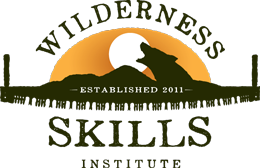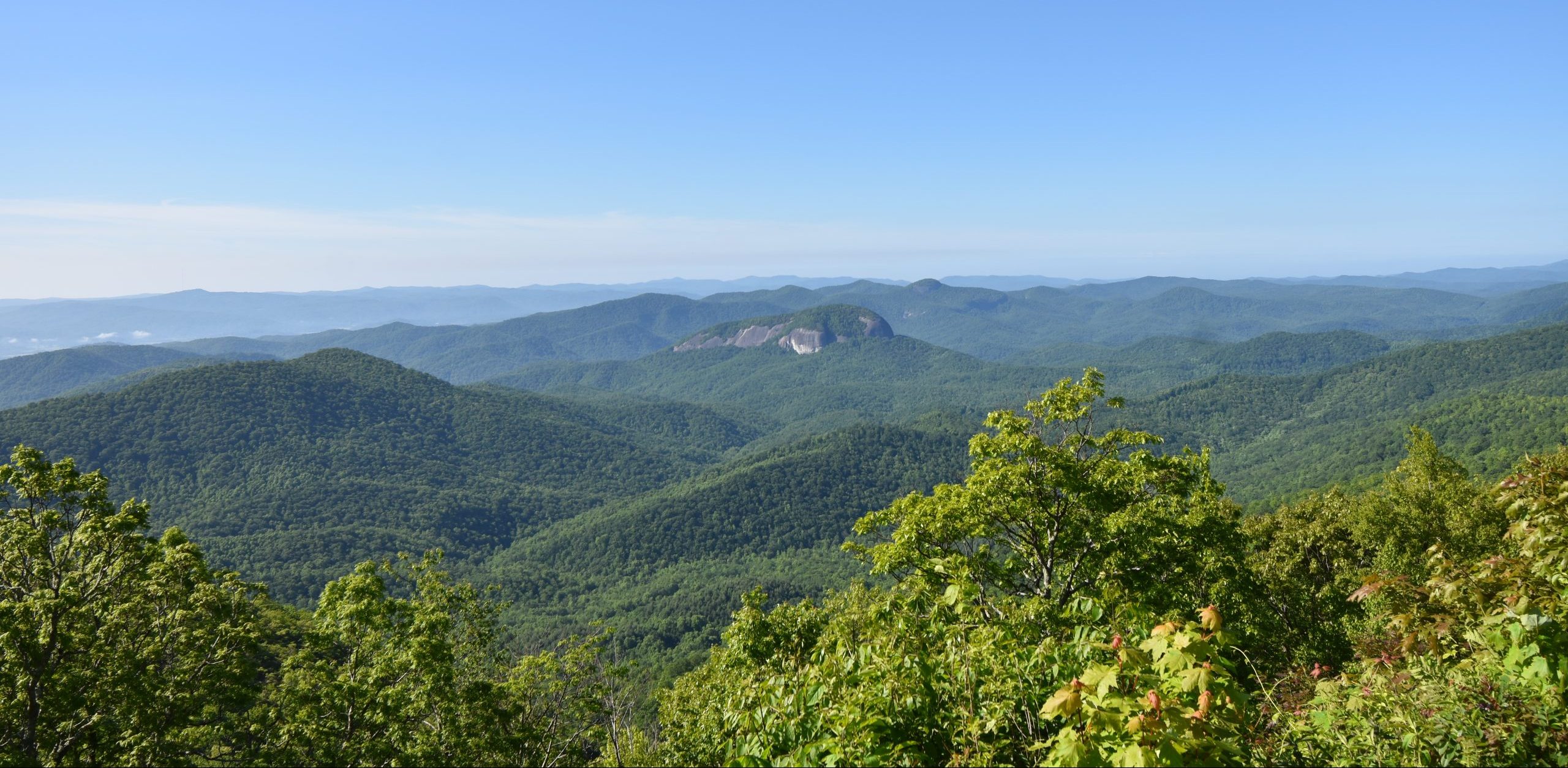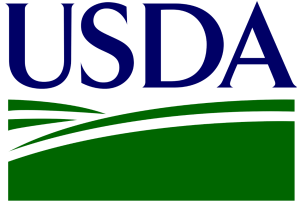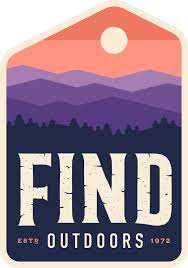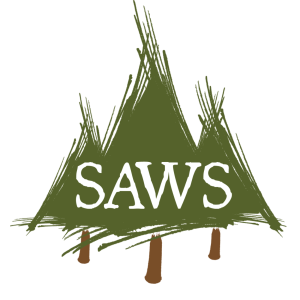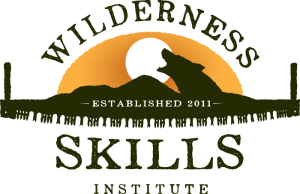Founded in 2011, the Wilderness Skills Institute (WSI) brings together wilderness stewards from federal agencies, partners, and volunteers across the southeast to learn shoulder-to-shoulder the skills and knowledge necessary to care for America’s enduring resource, wilderness. The Southern Appalachian Wilderness Skills Institute is a partnership between the U.S. Forest Service, the Appalachian Trail Conservancy (ATC), and Southern Appalachian Wilderness Stewards (SAWS). WSI currently features one week of training hosted the first week May in Transylvania County, NC on the Pisgah National Forest and at the Cradle of Forestry.
Save The Date!
Southern Appalachian Wilderness Skills Institute WSI 2026
The 2026 Southern Appalachian Wilderness Skills Institute will be May 4-8, 2026. It will start at 1pm ET on Monday and conclude at 12PM ET on Friday. It is free for participants to attend. All participants are expected to sign up for an entire week.
Courses:
Week One: May 4-8 , 2026
- Crosscut Sharpening
- Trail Structures
- Trail Maintenance-Tread and Drainage
- Stone Work
- Southern Appalachian Ecosystems
- Tool Rehandling
- Leave No Trace
Cost: There is no cost to attend WSI.
Food: On your own. Participants will handle all their own meals. Prepare to bring meals to the field.
Lodging: WSI offers free on-site camping for all participants and instructors. There are hotels in nearby towns for both courses. Emails will be sent after acceptance to the course with more information.
Contact: Email volunteer@wildernessstewards.org for specific questions or concerns.
Champions of Wilderness: Our Esteemed Sponsors
We extend our heartfelt gratitude to our generous sponsors whose support has fueled the success of the Southern Appalachian’s Wilderness Skills Institute. Your commitment to empowering outdoor enthusiasts and fostering a deeper connection to wilderness and wild public lands is truly commendable. Thank you for being instrumental in making this transformative experience possible for all attendees.
